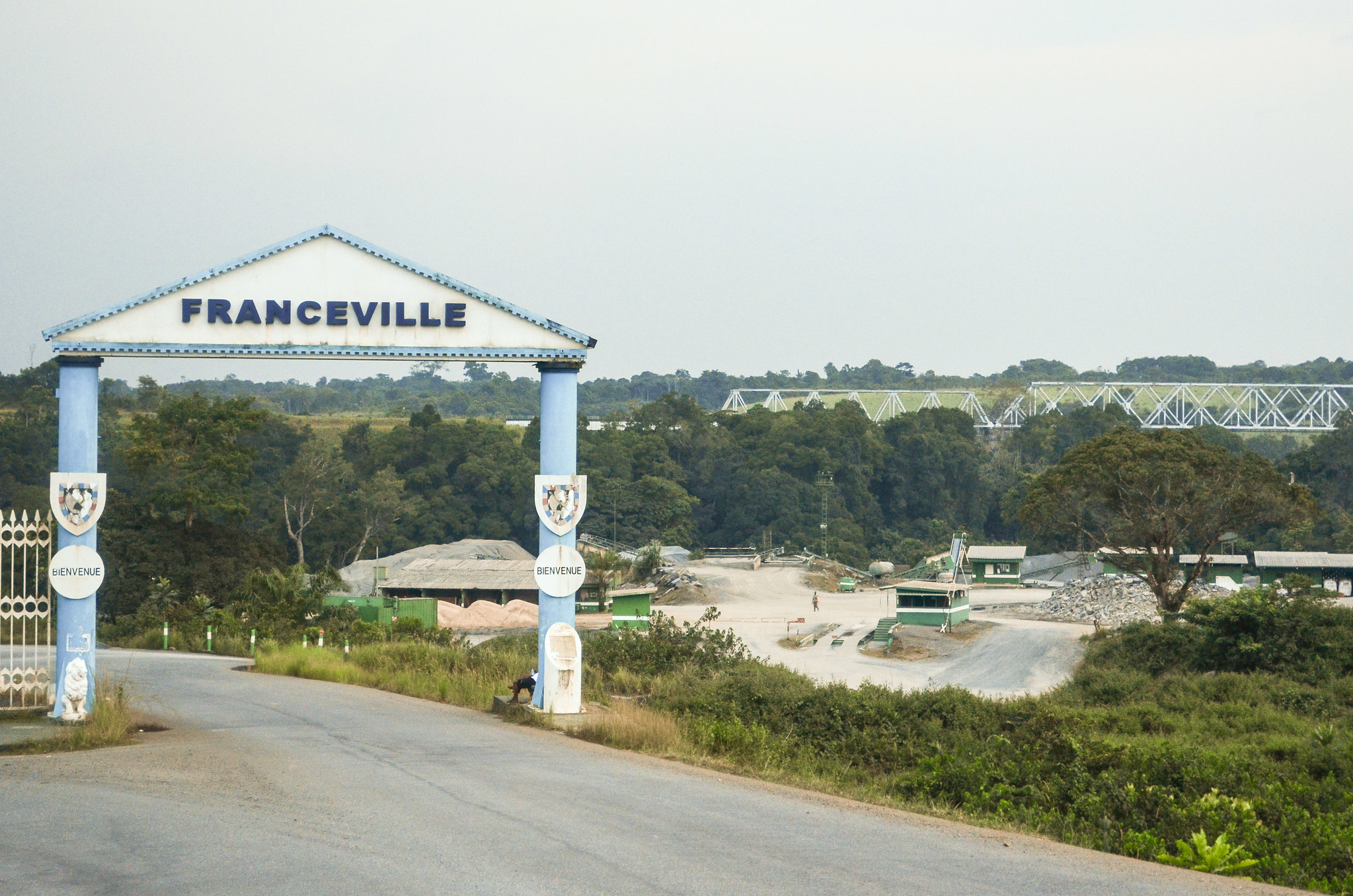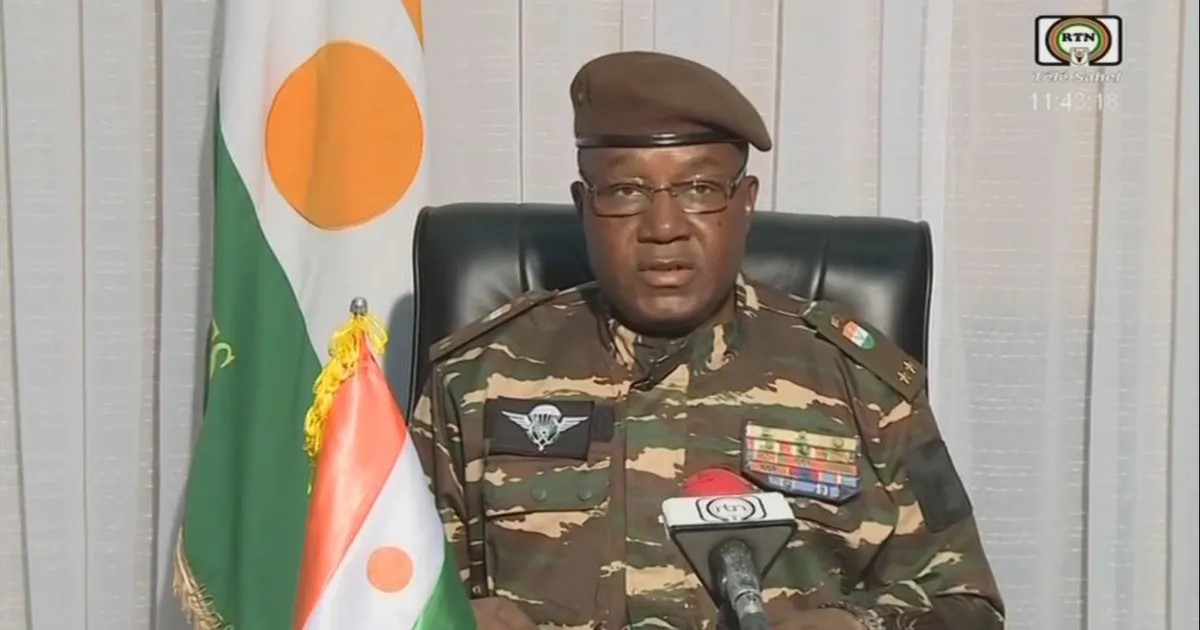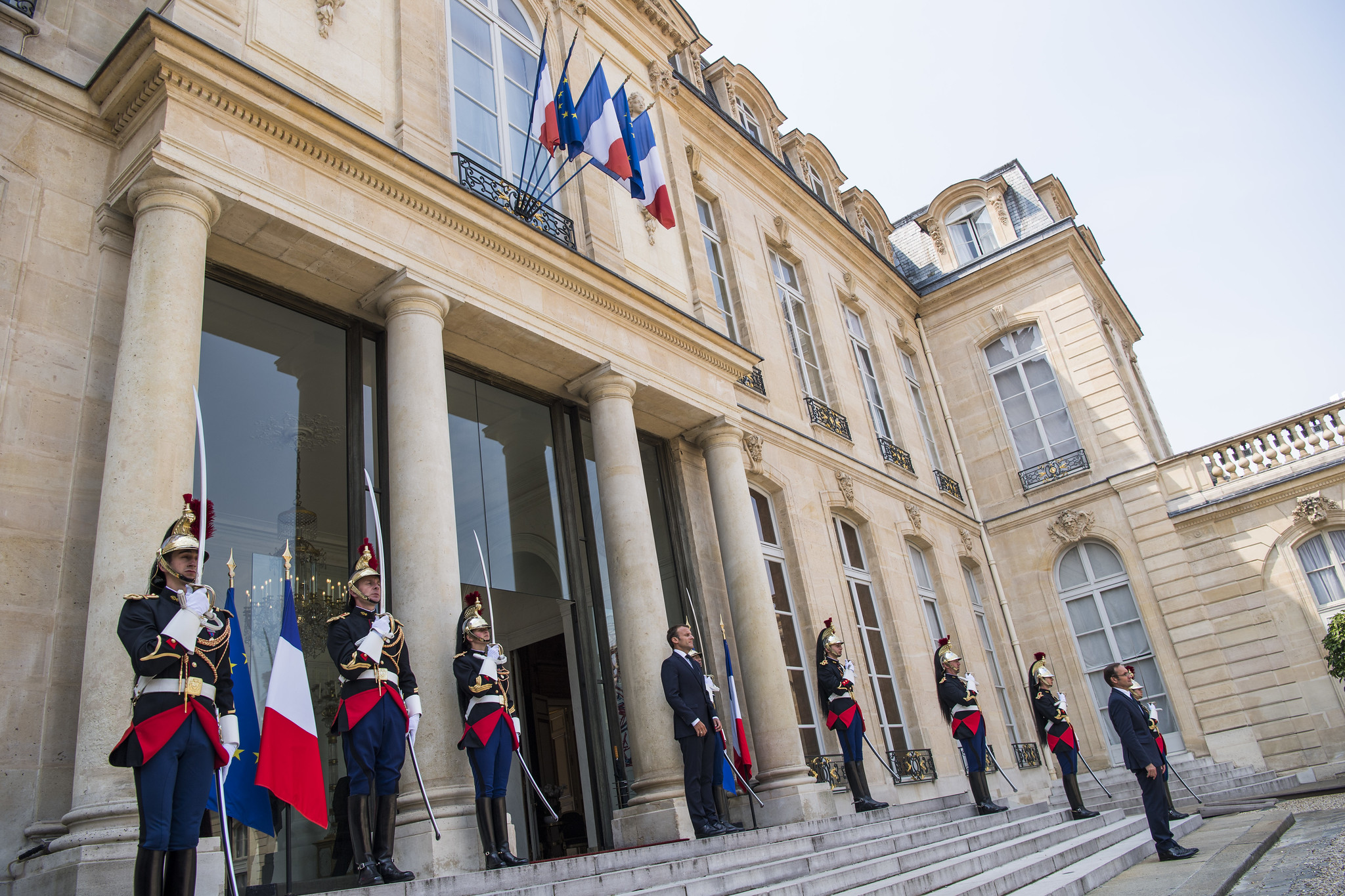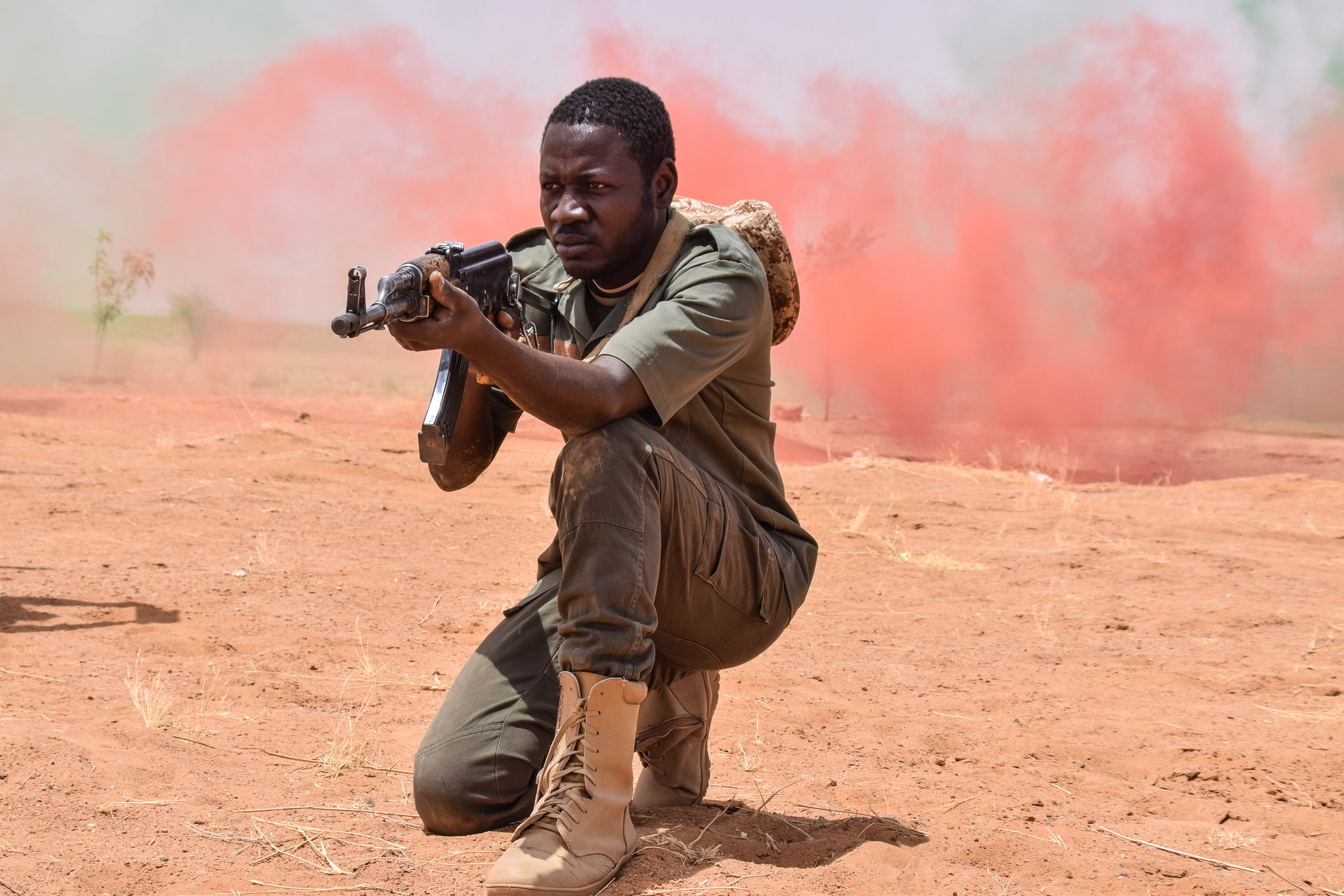Military juntas have taken a populist turn in recent years, often being welcomed by the public after years of failed democratic government, writes Abubakar Usman
On 29 August 2023, the people of Gabon flooded onto the streets in jubilation. Their cheers and tears of joy were not for the election victory of a political figure, but for a military intervention that toppled the purportedly civilian rule of President Ali Bongo. This scene has become a recurring spectacle across Africa in the wake of recent military coups. From the streets of Guinea, where citizens joined hands with the military to bid farewell to Alpha Conde’s regime on 5 September 2021, to the change resonating through Mali and Niger, each event a twist in the narrative of governance on the continent.
In each of these cases of military takeovers, the heads of the juntas strategically position themselves as defenders of the nation and champions of the people. Their common narrative attributes the need for their intervention to combat what they label as French neocolonialism. This has resonated with the frustrations of ordinary citizens towards the political elites. Captain Ibrahim Traore, Burkina Faso’s current head of the military government, articulated this sentiment: “A slave who cannot assume his own revolt does not deserve to be pitied. We do not feel sorry for ourselves, we do not ask anyone to feel sorry for us. The people of Burkina Faso have decided to fight, to fight against terrorism, in order to relaunch their development.”
The depiction of military actors as protectors of national interests and the general populace reflects a classic populist strategy. Colonel Doumbouya, the leader of the Guinean military junta, justified the coup by asserting an intention to restore politics to the people: “We will no longer entrust politics to one man; we will entrust it to the people.” Despite this populist rhetoric, three years after the coup Doumbouya is yet to fulfil this promise and return politics to the people and remains in power.
The term “military populism” which has been used loosely by researchers including Yves Winter, Julio Cotler and more recently Hakkı Taş best captures these military-civilian relations. It refers to the adoption of populist strategies by military actors in regions where democratic ideologies are still emerging. In the aftermath of recent military coups, it is evident that military leaders in these countries are increasingly employing populist strategies.
Military populism is becoming the new norm
Several factors contribute to the burgeoning phenomenon of military populism across the continent. These include the failure of elected regimes to improve the living standards of the masses and the pervasive corruption within these governments. Except for Gabon (ranked 110th), all the countries that have recently witnessed military takeovers consistently rank below 150 out of 191 in the Human Development Index. Niger, Mali, Burkina Faso, and Guinea are placed among the bottom 15. Even under elected regimes, the life conditions of ordinary people in these countries show little improvement. The military actors of these countries portrayed the civilian governments as incapable of addressing the growing insecurity and so needed to be removed.
The countries most prone to military takeovers, especially since the turn of the century, are predominantly former French colonies. Therefore, French neo-colonialist policies, close ties between the political elite and Paris, and the subsequent rise of anti-French sentiment among the populace are also important factors. Military actors exploit this situation and continue to use it as justification for their takeovers. A significant portion of the population celebrates and welcomes the military, viewing them as saviours against French neo-colonial exploitation. They perceive elected regimes as mere facilitators of France’s continuous exploitation of their national resources, reinforcing support for military interventions.
The rise of non-Western powers, coupled with a reduced dependence on advanced Western nations as their primary trading partners and sources of funding for development initiatives, marks a significant shift in the global landscape. Western democracies typically employ coercive economic diplomacy, utilising sanctions to threaten military actors and penalise them following coups of civilian governments. However, the ascendancy of non-Western powers who are not so wedding to democracy, including China, India, and Russia, challenges Western supremacy, diminishing the impact of punitive and coercive strategies.
Over the past few decades, China, India, and other Asian nations have emerged as leading trading partners for countries experiencing military coups. Additionally, Russia has provided military support to aid these nations in combating terrorism. As a result, the geopolitical dynamics have changed, and the efficacy of Western democracies’ punitive measures has waned in the face of a shifting global power balance.
These factors collectively contribute to the conducive conditions for the rise of military populism. The intricate intersection of these elements fosters the emergence of populist trends within the military sphere across the African continent. If the military maintains its current popularity, they are likely to extend their stay in political affairs. However, more damaging to democracy and its advocates is the potential for military populism to continue encouraging additional military takeovers in other parts of the continent.
The increasing involvement of the military in the politics of several African countries is driven by the approval of ordinary masses who perceive them as saviours from corrupt, incapable, and incompetent civilian alternatives. The more successful coups there are in Africa, the more likely future coups become.
Photo credit: Public domain





